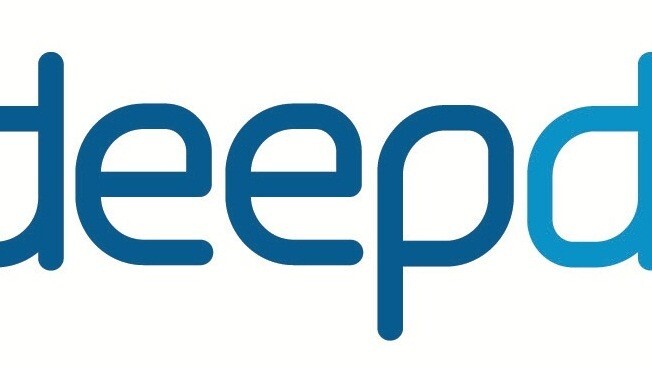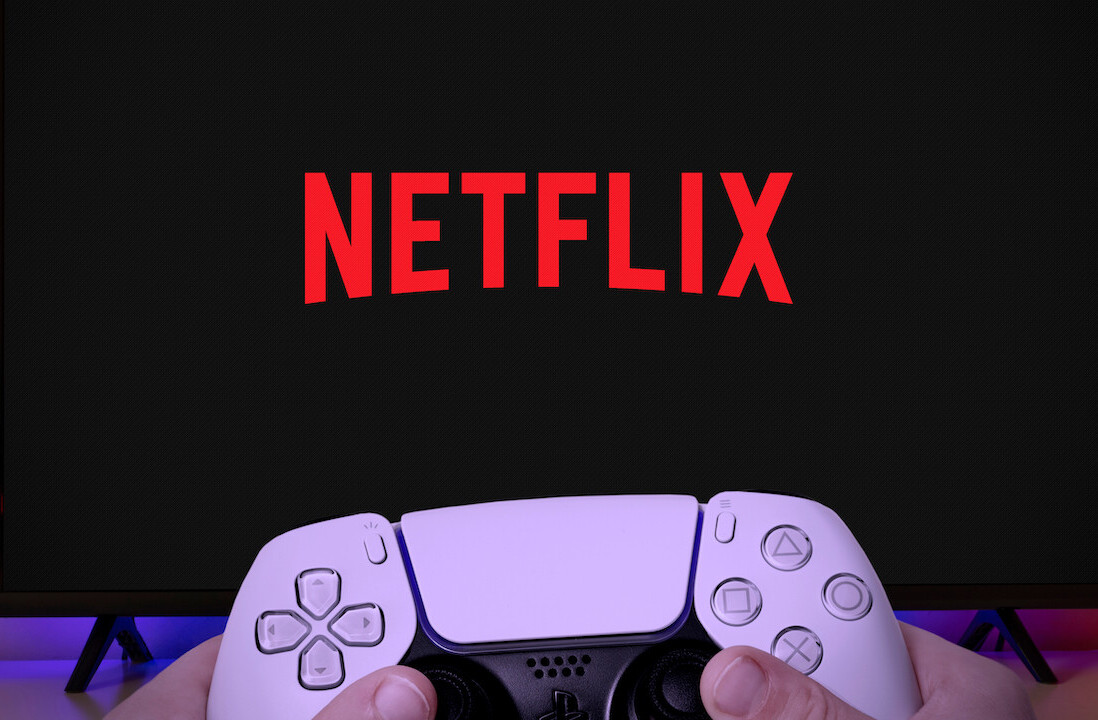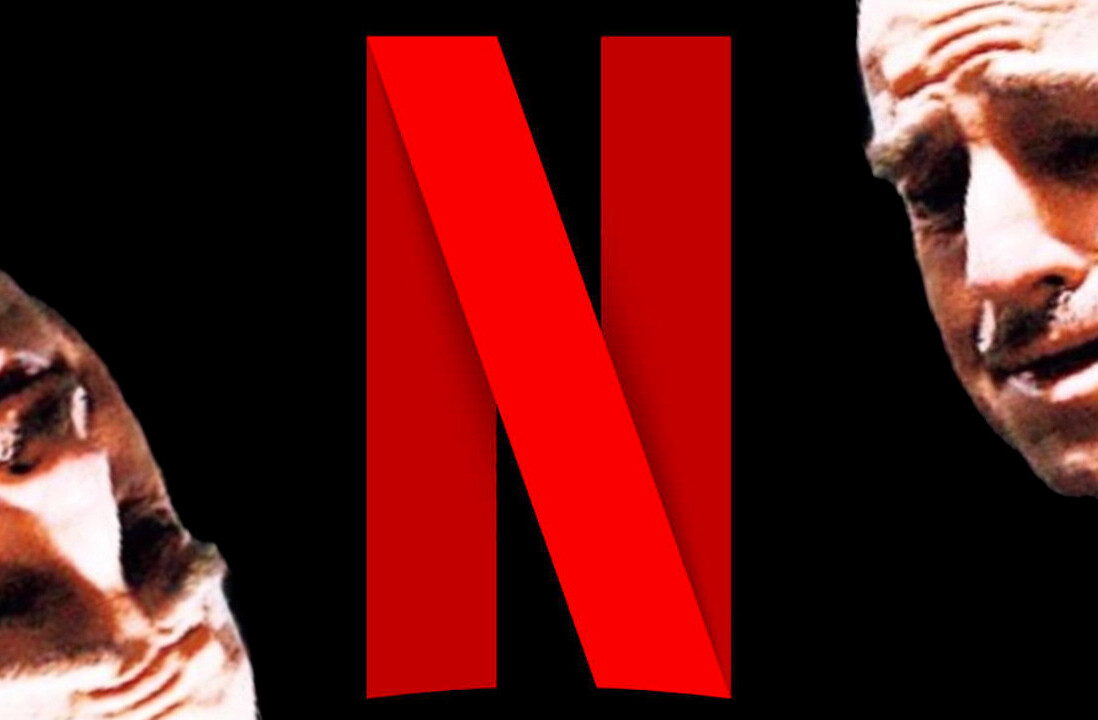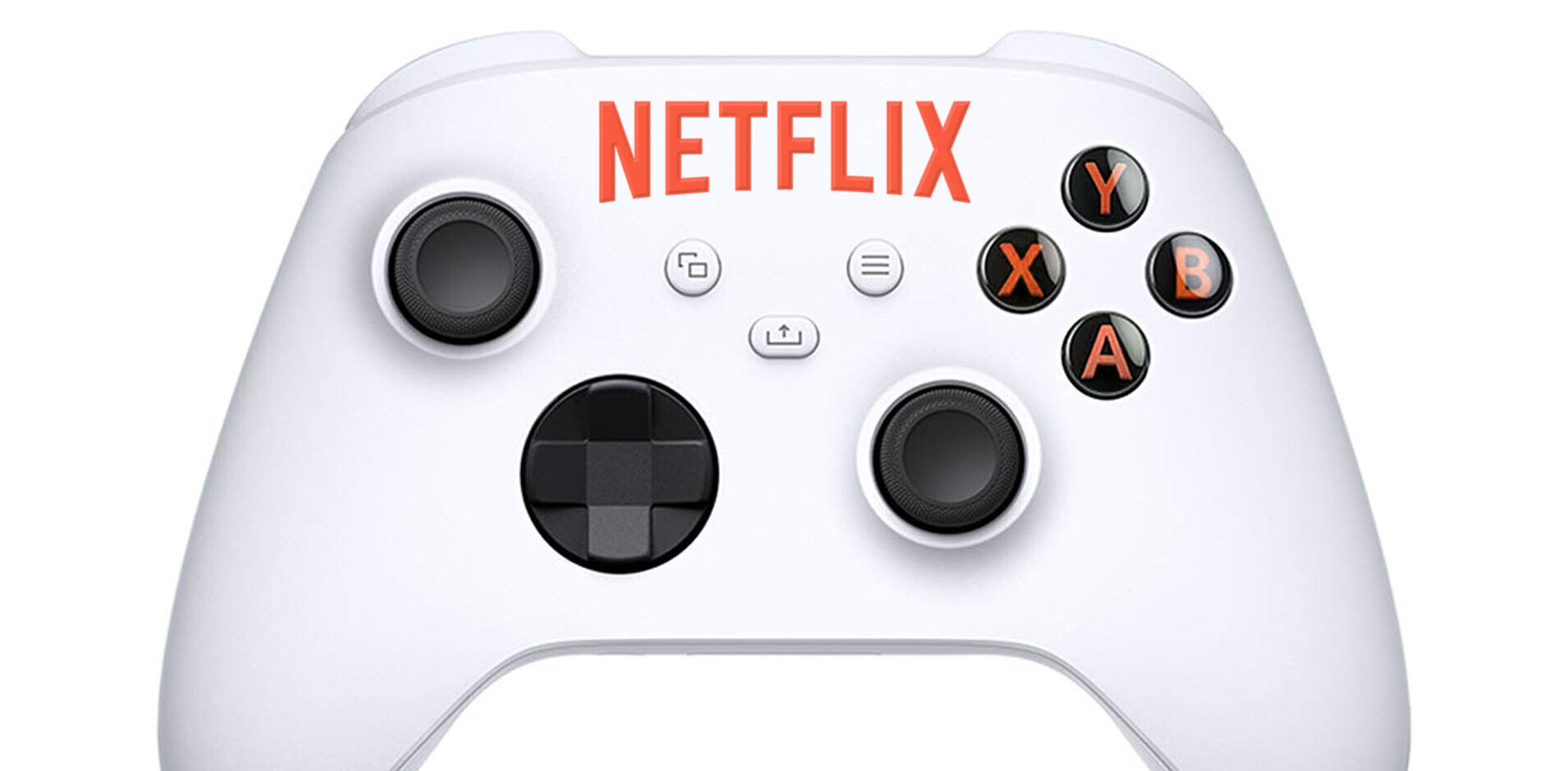
 Let’s suppose, just for the sake of argument, that you wanted a DVD of a popular movie or a hit song for your MP3 player, but you didn’t want to pay for them. This may come as a shock, but there are ways that you can do that! Now that movies, songs, and articles are digital, making and sharing illicit copies is really a breeze. Go back 15 years and you would have had to expend a lot more time, effort, and cost to get a copy of a TV movie onto a blank VHS tape or a cassette tape (don’t ask) of your friend’s new album, or a xerox copy of a journal.
Let’s suppose, just for the sake of argument, that you wanted a DVD of a popular movie or a hit song for your MP3 player, but you didn’t want to pay for them. This may come as a shock, but there are ways that you can do that! Now that movies, songs, and articles are digital, making and sharing illicit copies is really a breeze. Go back 15 years and you would have had to expend a lot more time, effort, and cost to get a copy of a TV movie onto a blank VHS tape or a cassette tape (don’t ask) of your friend’s new album, or a xerox copy of a journal.
Well for those of you who want to take the high road, there are some very inexpensive ways to keep your conscience clean. Go to iTunes and you can buy a song for as little as 69 cents. Netflix will mail you a DVD and let you stream movies for $8.99 a month, and DeepDyve will handle all of the messy details so that you can “rent” a scholarly article for just 99 cents – and it’s all perfectly legit.
What does it mean to rent an article that’s online? Well, quite simply they can control how many articles you can see and how long you can view them for, you just can’t download or otherwise share them.
What about Google? Well, what about Google? I tested DeepDyve’s expanded selection (that’s the news – they have more articles) and found an article about search engines called When More Is Less: The Paradox of Choice in Search Engine Use. (This is an important topic that I have blogged about because it helps to explain why the alternative search engines have such relatively small market share – there are too many of them. The selection must be limited by a third party, but that’s another post.)
DeepDyve offered to rent this article to me for 99 cents for one day under their Basic plan, with no downloading. Google took me to a .pdf file of the same article and I downloaded it in less than a minute.
So what really happened there? Well, the answer was inside the article. The owners of the article granted permission for free copies if and only if it was for personal non-profit use or classroom use. If I used my “free” googled copy as a profit making blogger (is that an oxymoron?), then I have violated their terms and could conceivably get in big trouble, much more than 99 cents worth!
And that’s the moral of the story. What’s really free and what’s “free” because it was stolen hasn’t changed, just the methods. If you want to sleep better at night, go to iTunes, go to Netflix, go to DeepDyve, and pay your 99 cents.
Oh, and BTW, here are their new sources:
Association for Computing Machinery – an organization for computing professionals, delivering resources that advance computing as a science and a profession; enable professional development; and promote policies and research that benefit society. Core journals include: Communications of the ACM, Journal of the ACM and ACM Computing Surveys.
American Institute of Physics – one of the world’s largest publishers of physics journals, publishing 12 scientific and engineering journals of their own, and hosting nearly 200 titles for publishing partners on their Scitation® hosting platform. Core journals include: Applied Physics Letters, Journal of Applied Physics and Journal of Chemical Physics.
Emerald Group Publishing Limited – a leading publisher of management research, publishing more than 700 titles including journals, books as well as an extensive range of online products and services. Core journals include: International Marketing Review, Rapid Prototyping Journal and Advances in Strategic Management.
MIT Press – publishes academic titles in the fields of art & architecture, the cognitive sciences, computer science, economics, environmental science, new media, and science, technology & society. Core journals include: Artificial Life, Computational Linguistics and the Journal of Cognitive Neuroscience.
Radiological Society of North America – hosts the world’s largest annual medical meeting, publishes two highly respected peer-reviewed journals, offers opportunities to earn CME, and provides research and education grants to young investigators. Core journals are Radiology and RadioGraphics.
University of California Press – among the six largest university presses in the United States, publishing approximately 200 new books and 40 multi-issue journals annually in the fields of art, music, cinema and media studies, classics, literature, anthropology, sociology, archaeology, history, religious studies, Asian studies, biological sciences, food studies, natural history and public
And here is the obligatory quote from the CEO:
“We are delighted to have such a strong show of support from our new publishing partners,” said William Park, CEO at DeepDyve. “Not only have we greatly enhanced the body of content we offer our users, but in doing so we help publishers reach new customers and combat the threat of piracy.”
And here is the obligatory screenshot of the DeepDyve site:

Get the TNW newsletter
Get the most important tech news in your inbox each week.




